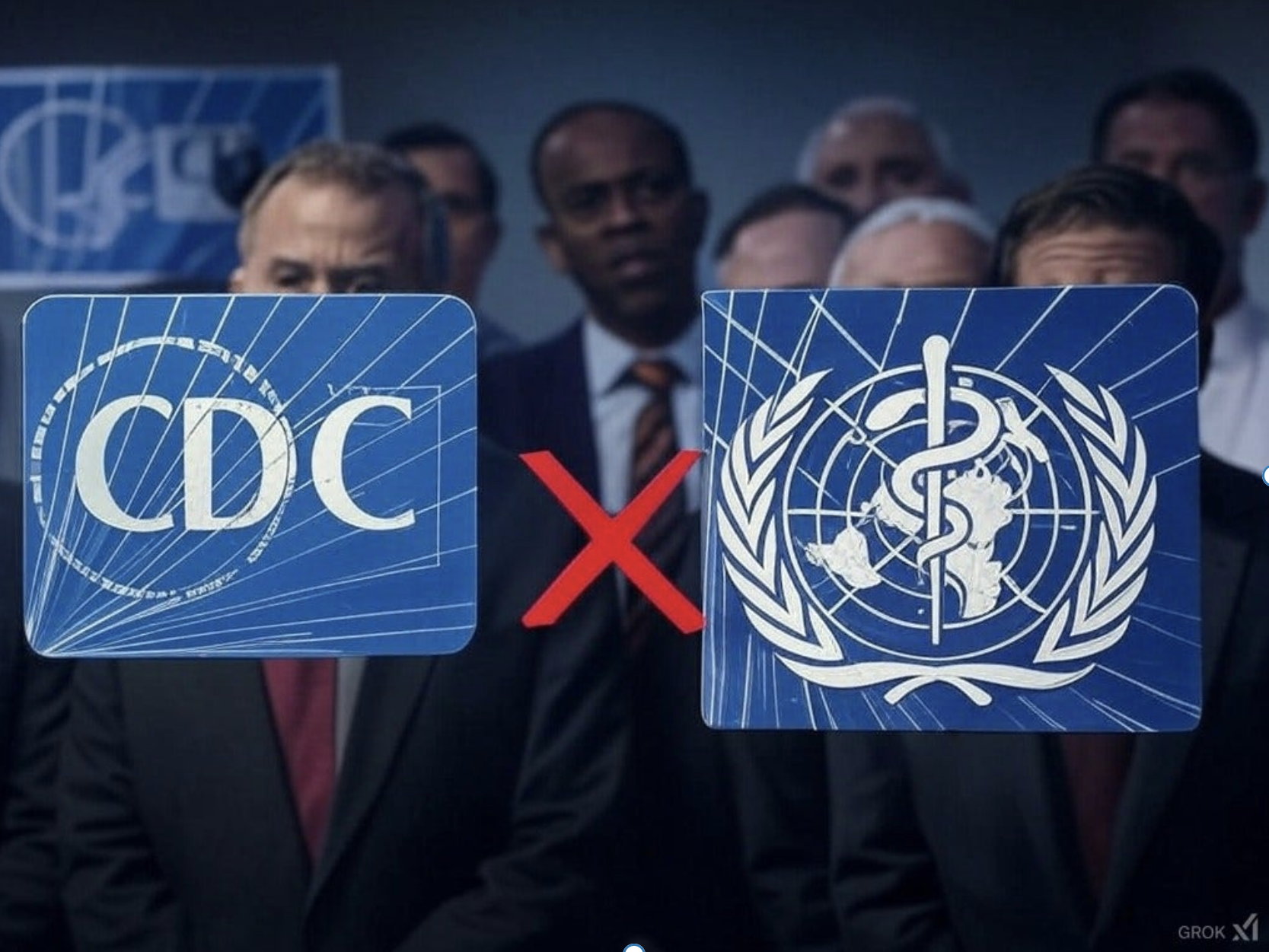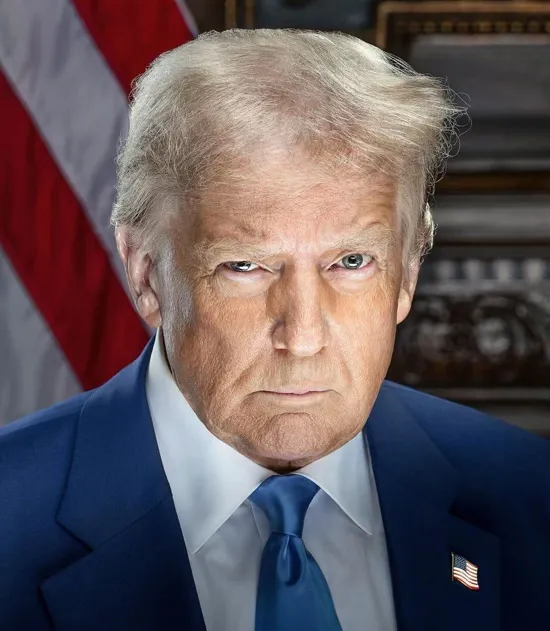
Please Follow us on Gab, Minds, Telegram, Rumble, Gab TV, Truth Social, Gettr
Canadian Prime Minister Justin Trudeau has decided that legalizing potentially fatal narcotics is an appropriate solution to Canada's growing drug overdose problem. As such, British Columbia (BC) has become the first province to decriminalize the possession of small amounts of cocaine, fentanyl, heroin, and other narcotic drugs.
Instead of banning dangerous drugs to discourage citizens from using them, Trudeau has made the possession of up to 2.5 grams of opioids (like heroin, fentanyl, and morphine), crack and powder cocaine, methamphetamine, and ecstasy legal. Rather than being arrested for possession and other drug charges, BC residents will now be given information regarding health and social services instead.
‘NO AD’ subscription for CDM! Sign up here and support real investigative journalism and help save the republic!‘
According to the British Columbia government, "Adults found in personal possession of any combination of these illegal drugs that adds up to a combined total of 2.5 grams or less are not subject to criminal charges and the drugs are not seized. Instead, they are offered information about health and social supports. This includes support with making a referral to local treatment and recovery services, if requested."
The drug exemption took effect on January 31, 2023, and will remain in effect for 3 years.
"The decriminalization of people who possess certain illegal drugs for personal use is a critical step in B.C.'s fight against the toxic drug crisis," the BC government added.
"It will help reduce the barriers and stigma that prevent people from accessing life-saving supports and services. Substance use is a public health matter, not a criminal justice issue," to government concluded.
In an effort to better explain the government's stance on legalizing fatal narcotics, BC Minister of Mental Health and Addictions Jennifer Whiteside said, "Decriminalizing people who use drugs breaks down the fear and shame associated with substance use and ensures they feel safer reaching out for life-saving supports."
Carolyn Bennett, Canada's federal Minister of Mental Health and Addictions added, "[This is] a monumental shift in drug policy that favors fostering trusting and supportive relationships in health and social services over further criminalization."
It should be noted that the U.S. state of Oregon also decriminalized many of the same drugs two years ago and the policy change has failed epically. According to data from the Oregon Health Authority, not only has the change been largely ineffective, but the number of fatal overdoses and drug abuses has increased under the decriminalization policy.
As for BC implementing the same disastrous policy, what can possibly go wrong?

























THANK YOU COMMIE TRUDORK THE OLIGARCH!!
Maybe we’ll get to see most of the illegals and junkies invade YOUR BORDER for your legal HEROIN, CRACK, METH AND WHATEVER ELSE THE JUNKIES ARE SMART AND INJECTING!!! THANK YOU!!!
Oh and the absolute best thing you could ever do for the people of the United States! THANK YOU FOR LEGALIZING ACID! Now millions of leftist psychos will go live with YOU!!!!!
While You’re at it why don’t you legalize child torture and rape so all the DEMOCRATS GO LIVE WITH YOU!!! (obviously that last part was sarcasm)
just goes along with their subside crazy
Heroin is a deadly and addictive narcotic. It should not be legal, anywhere. Wonder Woman is a heroine.
So now canada has moved one step closer to enabling the cartels and ccp to undermine society. Great work you
bastard son of castro !
This is as stupid as the prohibition. It's just the other extreme with an its own issues.
Stupid low-lifes being flushed out of society can hardly be called a crisis.